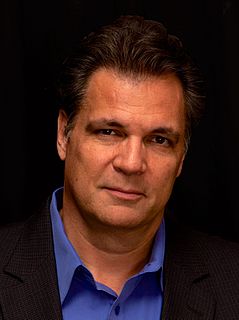A Quote by Ameen Rihani
When learning was monopolized by the monks in the Middle Ages, people specialized only in warfare and statecraft. And even these were not altogether free from the scholastic influence.
Related Quotes
There is a schizophrenic nature in modern politics. A leader is expected to have a religious faith but he is not supposed to let it influence him in his duties. Somehow, the truths that determine everything else about his existence are not allowed to influence how he conducts himself in public life. Not only that, his principles are usually considered so personal that the public is not even allowed to know for certain what they are. This passes for noble statecraft in our time. It was once thought cowardice.
One of the most persistent fallacies about the Christian Church is that it kept learning alive during the Dark and Middle Ages. What the Church did was to keep learning alive in the monasteries, while preventing the spread of knowledge outside them... Even as late as the beginning of the nineteenth century, however, nine-tenths of Christian Europe was illiterate.
Celibacy is one of the most unnatural things. It has destroyed so many human beings - millions - Catholic monks, Hindu monks, Buddhist monks, Jaina monks, nuns. For centuries they have been teaching celibacy; and the most amazing thing is, even in the twentieth century, not a single medical expert, physiologist, has stood up and said that celibacy is impossible, that in the very nature of things, it cannot happen.






































